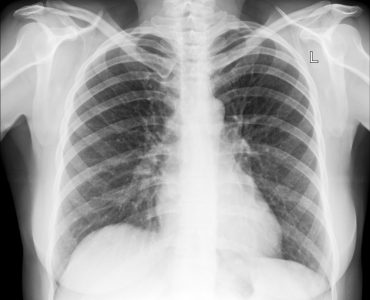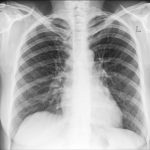Blood cancer is found in the mucosa of the bladder at the initial stages of its development. The cancer can be treated without opening up the bladder, if diagnosed at the initial stages.
It slowly grows bigger in size, at the same time spreading to the sides. This forms the second stage of the development. Slowly it grows through the bladder’s wall into the peritoneum or other tissue that are located near the bladder.
Once the cancer grows through the wall of the bladder, there are high chances of the cancer spreading to the lymphatic nodes.
Symptoms
Some of the symptoms of the bladder cancer felt initially resemble those of not so severe conditions like urinary infections, renal infections as well as bladder stones. Those symptoms are:
- Painless haematuria
- micturation
- a sensation of burning pain while passing urine.
Sometimes pain can occur due to the sticking of blood clots in the bladder, if the tumour had been bleeding. One may also feel the pain if the cancer has spread to the nerves present near the bladder.
In advanced stages, pain may occur due to both the local presence as well as due to the spreading of cancer. People may experience low back ache and pain in the bones resulting from secondary cancer. People may also face difficult to pass urine due to the presence of obstruction in urinary tubes.
In some rare cases, a mass can also be felt at the bladder position.
Causes
Some of the triggers increasing the risk of bladder cancer include;
- The people belonging to the age group of fifty to seventy.
- The people who have the habit of chain smoking.
- Exposing oneself to certain chemicals like those which are found in gas works, plastics etc.
- A previous history of bladder cancer.
- Presence of bladder stones
- The person’s family has a history of bladder cancer. This may be due to similar food habits or smoking styles.
- Presence of schistosomiasis or Bilharzia which is the parasitic infection found in the bladder.
The two major causes of bladder cancer are the substance alpha naphthylamine and beta naphthylamine, which are present in the urine passed by the cigarette smokers.
Treatment
In the early stages, when the cancer is present only in the mucosal lining, the treatment is very easy. A cystoscope can be used to remove the cancer at this stage. Tiny surgical instruments are passed through the cystoscope which cauterises the affected area for the prevention of bleeding.
Anticancer drugs are put into the bladder to prevent the recurring of cancer.
Once the cancer becomes invasive, treatments like chemotherapy, radiotherapy and surgery or a combination of two or more of theses techniques need to be used.
A cystectomy is conducted to direct the ureters into the artificial bladder created by the surgeon. In certain cases, the use urostomy bag may be required.
Radiotherapy uses high intensity beams to destroy the cancerous cells.
The patient is subjected to chemotherapy usually after the radiotherapy or cystectomy for preventing the recurring of cancer.













